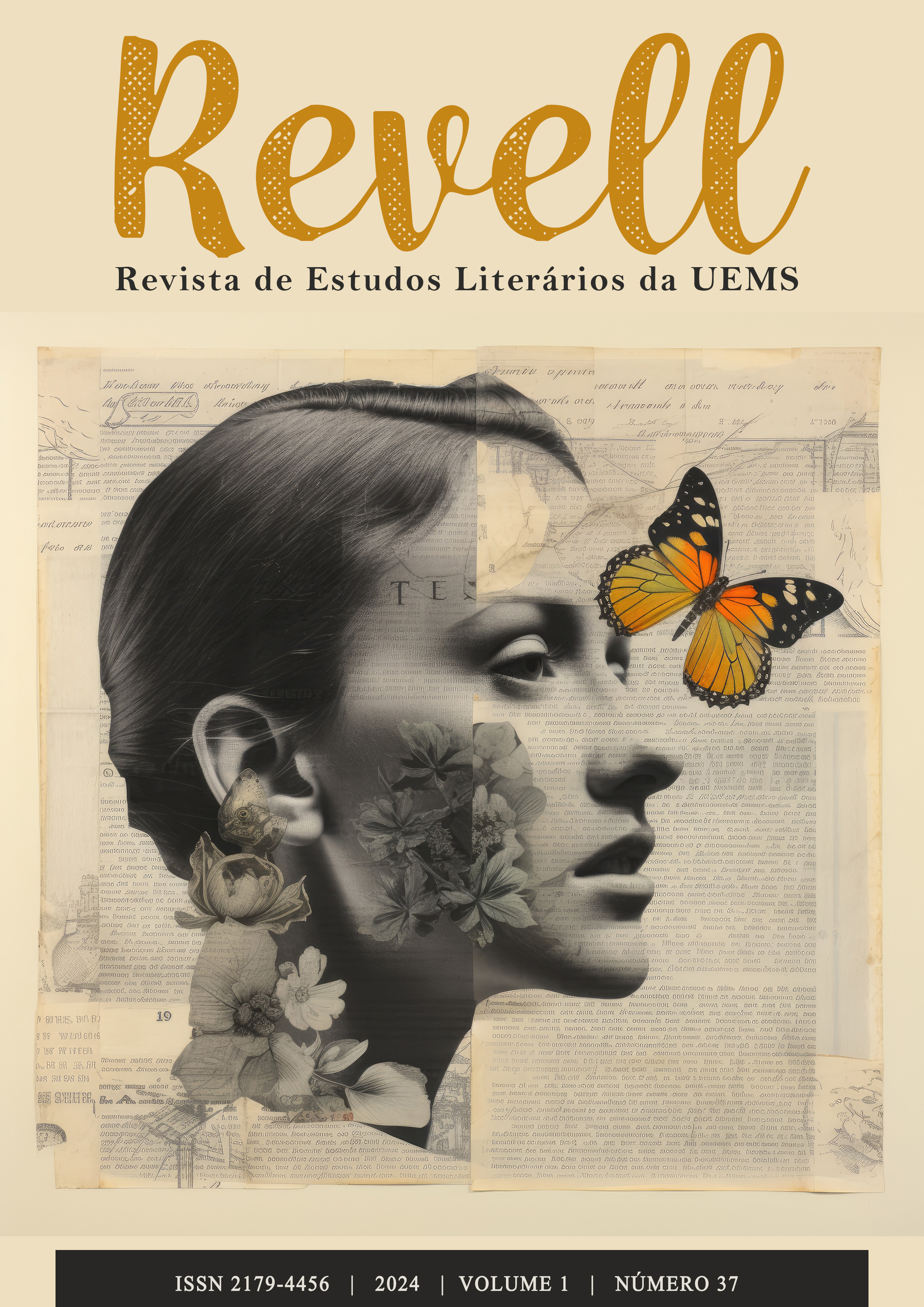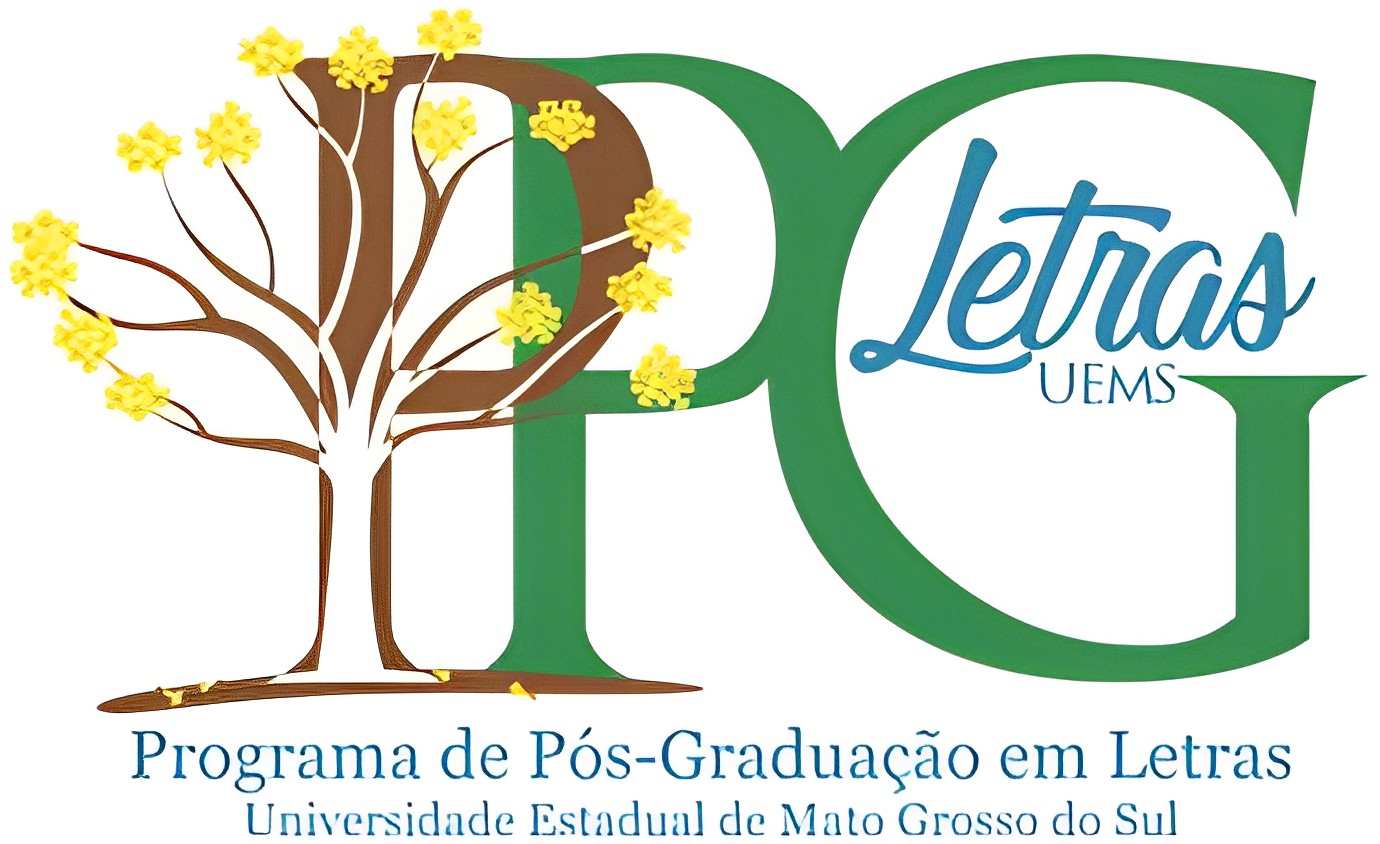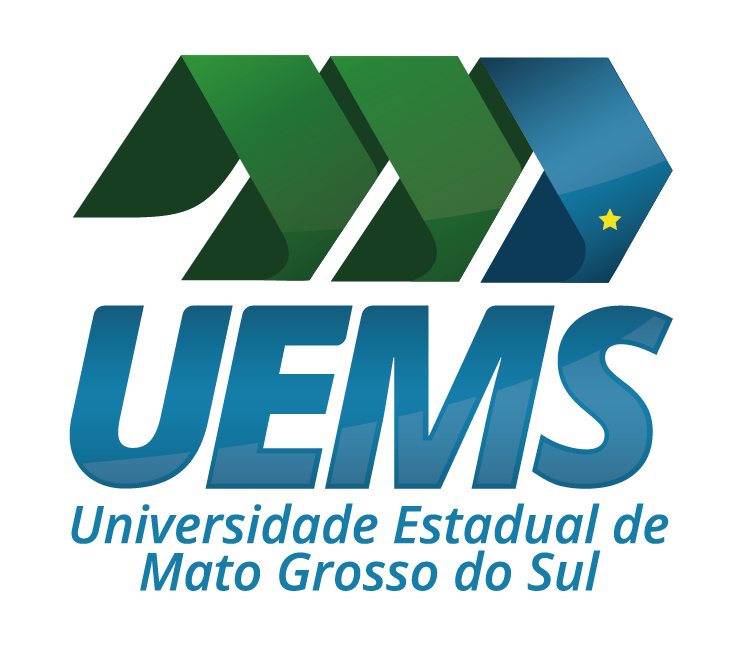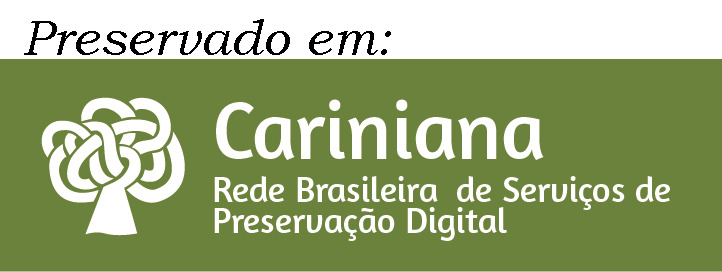Bernardo Kucinski's strange fruit
DOI:
https://doi.org/10.61389/revell.v1i37.7656Keywords:
Bernardo Kucinski, Brazilian Civil-Military Dictatorship, Autofiction, Testimony Literature, Brazilian Contemporary NovelAbstract
Narrating the trauma that results from State violence is no simple task. Additional difficulties are certain to be found within societies in which the day of reckoning has not come for perpetrators. This is the challenge Bernardo Kucinski faces when writing K., a novel that draws heavily on the author’s biography to investigate the violations of human rights by Brazil’s civil-military dictatorship. Making use of theoretical tools both from autofiction and testimony literature, this article aims at an interpretation of K.’s form. By assembling not only different voices but a variety of genres of discourse, the author creates a narrative that places itself in between fiction and reality and resists qualification within specific reading frameworks. The hypothesis here formulated is that Kucinski makes this aesthetic choice as a way of addressing the open wounds the Brazilian State has been failing to regarding its crimes of the past.
References
BOURDIEU, Pierre. As regras da arte: gênese e estrutura do campo literário. São Paulo: Companhia das Letras, 1992.
BRASIL. Lei nº 6.683, de 28 de Agosto de 1979. Concede anistia e dá outras providências. Disponível em: <http://www.planalto.gov.br/ccivil_03/leis/l6683.htm#:~:text=1%C2%BA%20%C3%89%20concedida%20anistia%20a,de%20funda%C3%A7%C3%B5es%20vinculadas%20ao%20poder>. Acesso em: 28 out. 2022
BRASIL. Lei nº 12.582, de 18 de Novembro de 2011. Cria a Comissão Nacional da Verdade no âmbito da Casa Civil da Presidência da República. Disponível em: <http://www.planalto.gov.br/ccivil_03/_ato2011-2014/2011/lei/l12528.htm>. Acesso em: 28 out. 2022
DE OLIVEIRA, André. O tripé da ditadura, com tortura, desaparecimento e censura, está preservado no Brasil. El País, 2017. Cultura. Disponível em: <https://brasil.elpais.com/brasil/2017/12/21/cultura/1513882871_107676.html>.
GARRAMUÑO, Florencia. Frutos estranhos: sobre a inespecificidade na estética contemporânea. Rio de Janeiro: Rocco, 2014.
GASPARINI, Philippe. Autoficction: une aventure du langage. Paris: Seuil, 2008.
GINZBURG, Jaime. Linguagem e trauma na escrita do testemunho. In: Crítica em tempos de violência. São Paulo: Edusp, 2012.
JAUSS, Hans-Robert. A história da literatura como provocação à teoria literária. São Paulo: Ática, 1994.
KUCINSKI, Bernardo. K: relato de uma busca. São Paulo: Companhia das Letras, 2022.
KLINGER, Diana Irene. Escritas de si, escritas do outro: autoficção e etnografia na narrativa latino-americana contemporânea. 2006. 205 f. Tese (Doutorado em Literaturas de Língua Inglesa; Literatura Brasileira; Literatura Portuguesa; Língua Portuguesa; Ling) - Universidade do Estado do Rio de Janeiro, Rio de Janeiro, 2006. Disponível em: <https://www.bdtd.uerj.br:8443/bitstream/1/6168/1/DIANA%20KLINGER.pdf>. Acesso em: 07 nov. 2022.
MAZUI, Guilherme. G1, 2019. Política. Disponível em: <https://g1.globo.com/politica/noticia/2019/08/08/bolsonaro-chama-coronel-ustra-de-heroi-nacional.ghtml>. Acesso em: 28 out. 2022
MAZUI, Guilherme e RODRIGUES, Paloma. Em discurso, Bolsonaro defende ditadores militares e deputado dos atos antidemocráticos. G1, 2022. Disponível em: <https://g1.globo.com/politica/noticia/2022/03/31/em-discurso-no-planalto-bolsonaro-defende-ditadores-militares-e-deputado-reu-por-atos-antidemocraticos.ghtml>. Acesso em: 28 out. 2022.
PENNA, João Camillo. Escritos da sobrevivência. Rio de Janeiro: 7Letras/Faperj, 2013.
RADSTONE, Susannah. Cultures of confession/cultures of testimony: turning the subject inside out. In: GILL. Jo. Modern Confessional Writing. Routledge Studies, 2006.
TAVARES, Joelmir. Bolsonaro já defendeu tortura para quem pediu para se calar em CPI, como Pazuello fez agora. Folha de São Paulo, São Paulo, 17 de Maio de 2021, 23h15. Política. Disponível em: <https://www1.folha.uol.com.br/poder/2021/05/bolsonaro-ja-defendeu-tortura-para-quem-pediu-para-se-calar-em-cpi-como-pazuello-fez-agora.shtml>. Acesso em: 28 out. 2022
Downloads
Published
How to Cite
Issue
Section
License
Copyright (c) 2024 REVELL - UEMS JOURNAL OF LITERARY STUDIES

This work is licensed under a Creative Commons Attribution 4.0 International License.
DECLARAÇÃO DE ORIGINALIDADE E EXCLUSIVIDADE E CESSÃO DE DIREITOS AUTORAIS
Declaro que o presente artigo é original e não foi submetido à publicação em qualquer outro periódico nacional ou internacional, quer seja em parte ou na íntegra. Declaro, ainda, que após publicado pela REVELL, ele jamais será submetido a outro periódico. Também tenho ciência que a submissão dos originais à REVELL - Revista de Estudos Literários da UEMS implica transferência dos direitos autorais da publicação digital. A não observância desse compromisso submeterá o infrator a sanções e penas previstas na Lei de Proteção de Direitos Autorais (nº 9610, de 19/02/98).



















